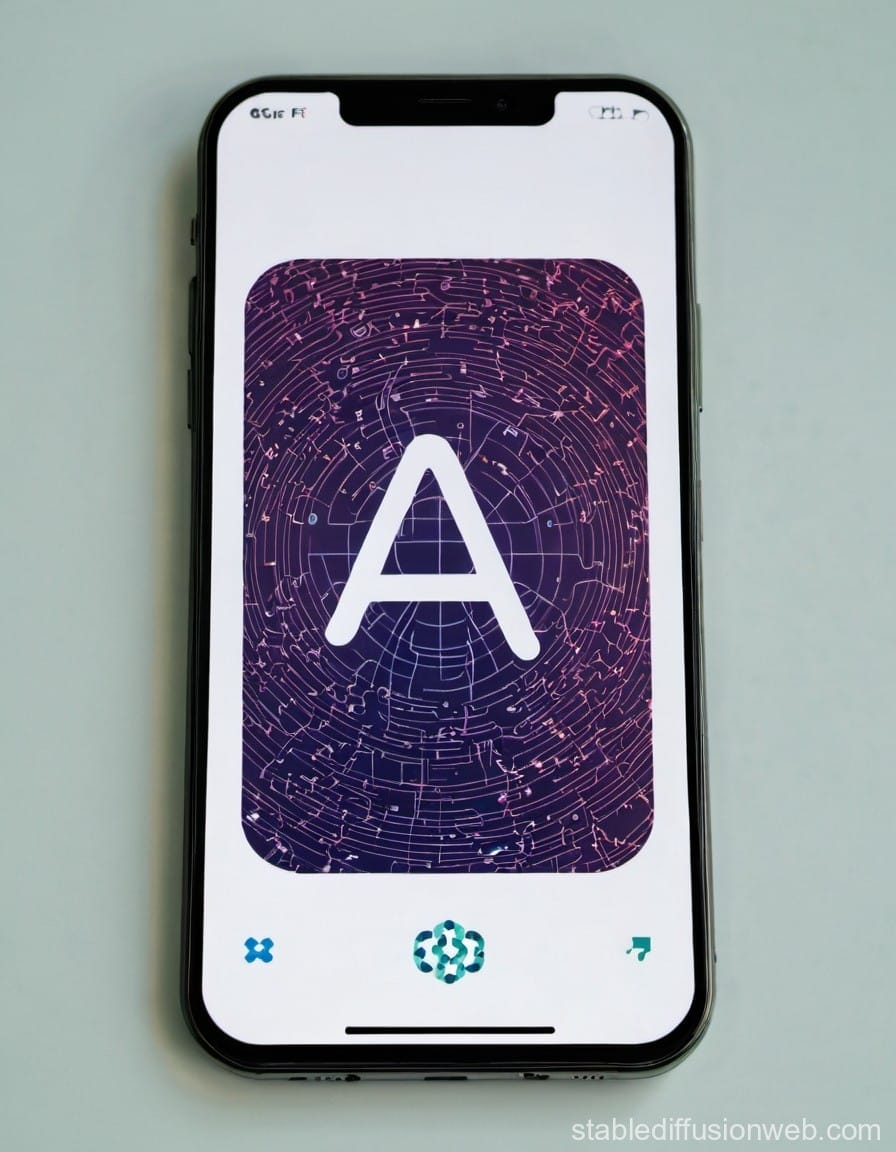In a significant move that underscores its commitment to accessibility and innovation, GitHub has officially launched a free version of its AI-powered coding assistant, Copilot. This tool, which has garnered widespread attention since its initial release, is designed to help developers streamline their coding processes and enhance productivity. The introduction of a free tier aims to democratize access to advanced coding assistance, making it available to a broader audience, including individual developers, students, and small teams.
Copilot, which is powered by OpenAI’s Codex model, acts as a sophisticated pair of “virtual hands” for programmers. It provides real-time code suggestions, autocompletions, and even entire code snippets based on the context of what the developer is working on. This functionality allows developers to focus on higher-level problem-solving while Copilot handles routine coding tasks. The tool supports a variety of programming languages, making it versatile for developers working on different projects.
The decision to launch a free version stems from GitHub’s intention to empower developers at all skill levels. By removing financial barriers, GitHub aims to foster a more inclusive environment where individuals can learn, experiment, and innovate without worrying about the costs associated with premium tools. This initiative is particularly beneficial for students and new developers who may not have the resources to access paid coding assistance services.
Additionally, the free version of Copilot is expected to encourage collaboration and community-driven development. With more developers being able to use the tool, it is likely that shared knowledge and best practices will emerge, leading to more robust and efficient coding solutions. The free offering complements GitHub’s existing ecosystem, which already includes various collaborative features that allow developers to work together seamlessly on projects.
In the professional landscape, the introduction of a free Copilot could also level the playing field for smaller companies and startups. By equipping these entities with advanced coding tools that were previously only available through paid subscriptions, GitHub is enabling them to compete more effectively with larger organizations. This democratization of technology aligns with industry trends that prioritize innovation and agility in software development.
Moreover, GitHub has emphasized that the free version of Copilot will continue to evolve based on user feedback and advancements in AI technology. The company has a history of actively engaging with its community to refine its products, and this will be crucial for the ongoing success of the free Copilot. Developers using the tool will be encouraged to share their experiences, report bugs, and suggest features, ensuring that the tool remains responsive to the needs of its users.
The implications of this launch extend beyond individual developers and teams. Educational institutions may also benefit from the availability of a free coding assistant, as it can serve as a valuable resource for teaching programming concepts. Students can leverage Copilot’s capabilities to enhance their learning experience, making it easier to grasp complex coding tasks and concepts. This initiative could ultimately lead to a new generation of programmers who are better equipped for the challenges of the tech industry.
In terms of security and privacy, GitHub has assured users that the free version of Copilot adheres to strict data handling practices. While using the tool, developers can expect their code and personal information to be protected, allowing them to focus on their work without concerns about data breaches or misuse. This commitment to security is essential in maintaining trust within the developer community, especially as reliance on AI tools increases.
As GitHub rolls out the free version of Copilot, the company is also likely to explore additional features that could enhance the user experience. Innovations such as improved context awareness, enhanced natural language processing capabilities, and integration with other development tools may be on the horizon. These enhancements would further solidify Copilot’s position as an essential resource for modern developers.
In conclusion, the launch of a free version of GitHub Copilot represents a pivotal moment in the world of software development. By making advanced coding assistance accessible to a wider audience, GitHub is not only fostering innovation but also creating opportunities for collaboration and community growth. As the tech landscape continues to evolve, the role of tools like Copilot will likely become increasingly important in shaping how developers approach coding and problem-solving. The future of development is poised to be more inclusive, streamlined, and efficient, thanks to initiatives like this.



